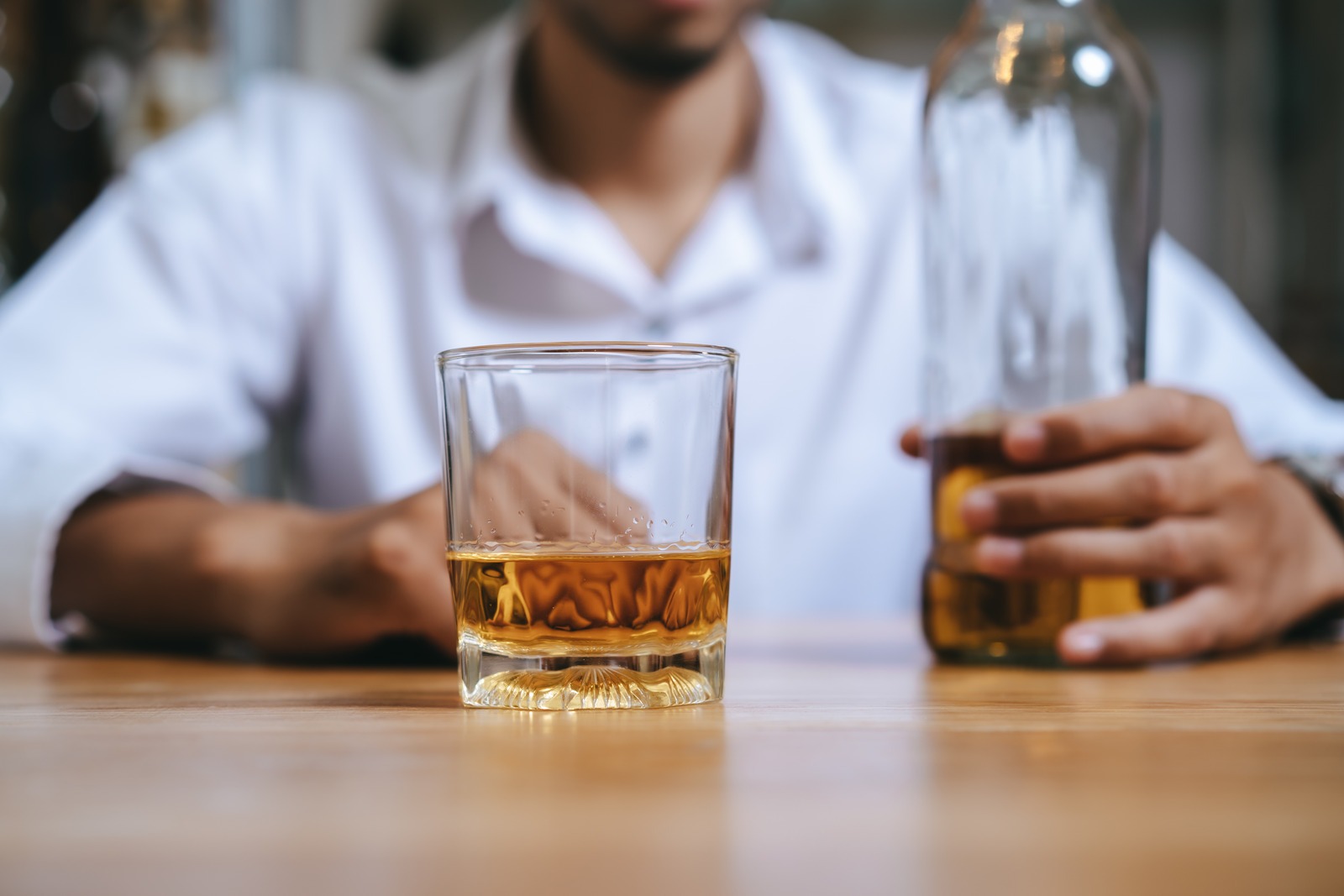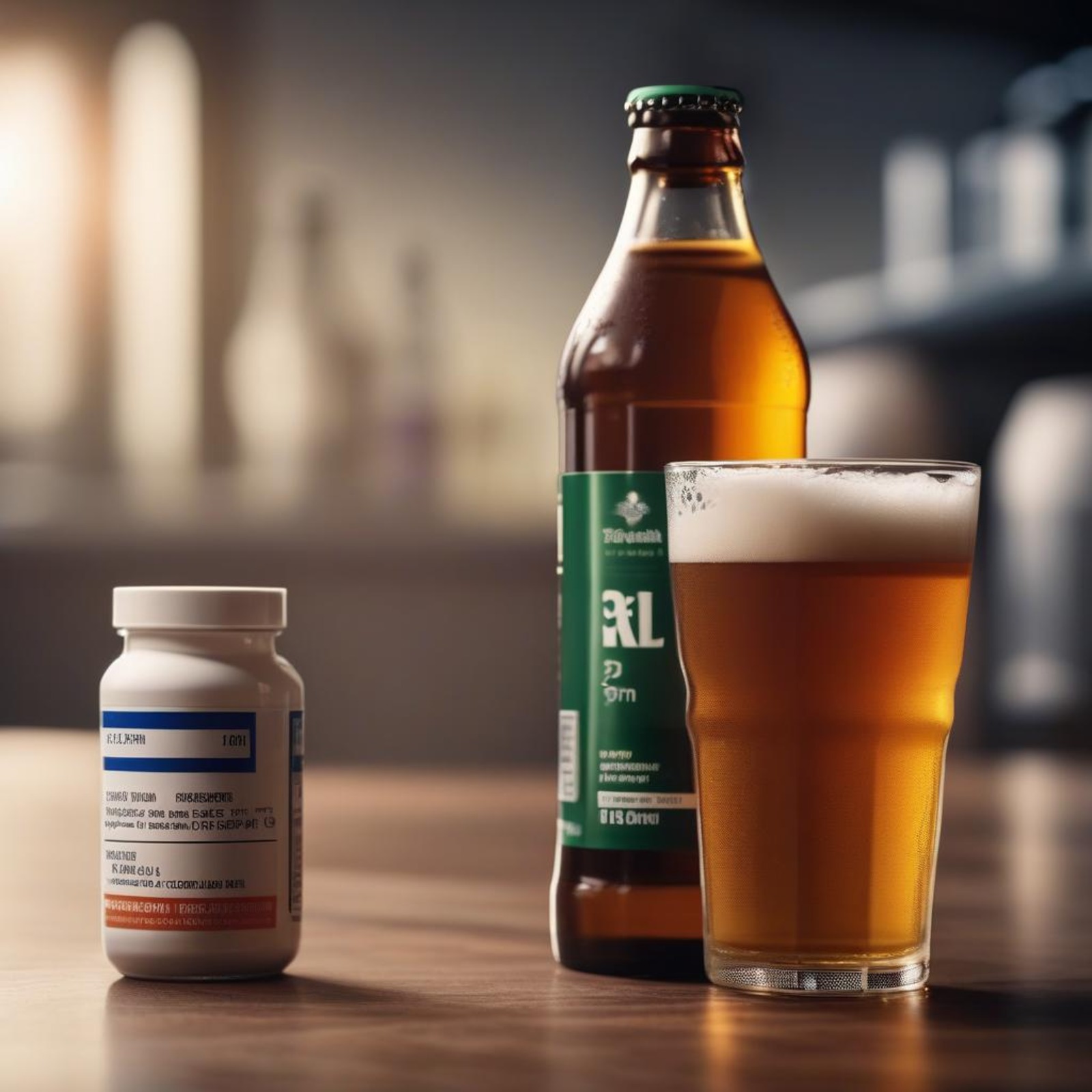Antibiotics and Alcohol Myth: Debunking False Ideas

The potential interactions between antibiotics and alcohol have been the source of many rumors in the general public.[1] Debunking the myths surrounding this often-discussed pairing is essential for making informed decisions about your health. From questions about effectiveness to concerns about potential risks, understanding the facts behind antibiotics and alcohol empowers you to navigate your healthcare with clarity and confidence.
Key Points
- Antibiotics are prescribed to combat bacterial infections, while alcohol can potentially interfere with their effectiveness by impacting the body’s ability to metabolize the medication.
- Mixing alcohol with certain antibiotics can lead to unwanted side effects, ranging from drowsiness and dizziness to more severe reactions like nausea, vomiting, and liver damage.
- It’s generally recommended to minimize alcohol use while on antibiotics to ensure optimal recovery and minimize the risk of adverse reactions.
- If you choose to drink alcohol while taking antibiotics, it’s crucial to do so with caution, consulting your healthcare provider for personalized advice and following moderation guidelines.
- Following medication instructions and monitoring for side effects are essential to prioritize your health and well-being during antibiotic treatment.
Exploring the Myth: Is It Safe to Drink Alcohol While Taking Antibiotics?
The question of whether or not to engage in alcohol consumption during antibiotic usage is a common concern. While it’s natural to wonder about the compatibility of these substances, it’s important to approach the topic with caution and awareness.
Antibiotics like amoxicillin, doxycycline, metronidazole, azithromycin, and penicillin are prescribed to combat bacterial infections, with specific instructions regarding dosage and duration provided by your prescriber.[2] Life-saving antibiotics work to eradicate harmful bacteria from the body, promoting recovery and restoring health.
Alcohol, on the other hand, is metabolized differently by the body and can interfere with the effectiveness of antibiotics.[3] Alcohol can directly interact with certain antibiotics, reducing their effectiveness and potentially causing harmful side effects.
Moreover, mixing alcohol with certain antibiotics can lead to unwanted side effects, ranging from increased drowsiness and dizziness to more severe reactions such as nausea, vomiting, and rapid heartbeat.[4] The severity of these side effects may vary depending on individual factors and the specific combination of alcohol and antibiotics.
Given these considerations, you should exercise caution when consuming alcohol while undergoing antibiotic treatment. While some healthcare providers may advise abstaining from alcohol entirely during this time, others may guide moderate consumption based on your circumstances.
What Are the Potential Risks of Drinking While Taking Antibiotics?

Drinking alcohol while taking antibiotics poses risks to your health and the effectiveness of the medication.[5] While alcohol itself doesn’t directly interact with antibiotics to render them ineffective, it can interfere with the body’s ability to metabolize the medication properly. This interference may result in reduced effectiveness of the antibiotics, prolonging the duration of the infection or leading to incomplete recovery.
Moreover, mixing alcohol with certain antibiotics can increase the likelihood of experiencing unwanted side effects. The severity of these side effects can vary depending on individual factors, such as the type and dosage of antibiotics and the amount of alcohol consumed. Additionally, drinking alcohol while on antibiotics may exacerbate dehydration, which can further strain the body and impede the healing process.
Can Drinking Alcohol Make Antibiotics Less Effective?
Drinking alcohol can make certain antibiotics less effective. Alcohol can interfere with the body’s ability to metabolize antibiotics properly. This interference may reduce medication absorption into the bloodstream, decreasing effectiveness in combating the bacterial infection.
Additionally, alcohol consumption can weaken the immune system and impair the body’s natural ability to fight off infections. This weakened immune response may further diminish the effectiveness of antibiotics in eradicating the bacteria causing the infection.
Certain antibiotics can cause side effects such as nausea, vomiting, and dizziness, which can also be exacerbated by alcohol consumption. These side effects may lead to decreased compliance with your antibiotic regimen, potentially compromising the overall effectiveness of your treatment.
How Can I Consume Alcohol Safely If I’m Taking Antibiotics?
If you choose to consume alcohol while taking antibiotics, it’s essential to do so cautiously:
- Consult your healthcare provider: Before consuming alcohol while taking antibiotics, it’s crucial to get medical advice from your healthcare provider for personalized advice and recommendations. They can provide guidance based on your specific medical history, the type of antibiotic prescribed, and any potential interactions or risks.
- Limit or avoid your alcohol intake: It is best to avoid alcohol completely while taking antibiotics to ensure the highest level of safety and effectiveness of your treatment. If drinking cannot be avoided, consult your healthcare provider for specific guidance based on the type of antibiotic and your medical history.
- Space out your consumption: Avoid drinking alcohol immediately before or after taking your antibiotics. Space out the timing of alcohol consumption and medication administration to minimize any potential interactions and ensure the antibiotics have sufficient time to be absorbed and metabolized properly.
- Stay hydrated: Alcohol consumption can lead to dehydration, which may exacerbate side effects and strain the body while on antibiotics. Be sure to stay hydrated by drinking plenty of water before, during, and after consuming alcohol to help mitigate these effects.
- Watch for side effects: Pay close attention to how your body reacts when combining alcohol with antibiotics. Monitor for unusual symptoms or side effects, such as increased drowsiness, dizziness, nausea, vomiting, or rapid heartbeat. If you experience any concerning symptoms, stop drinking alcohol and seek medical attention if necessary.
- Follow your medication instructions: Always follow the instructions provided by your healthcare provider regarding dosage and duration of any prescription medication. Avoid skipping doses or altering your medication regimen to accommodate alcohol consumption, as this can compromise the effectiveness of the treatment and potentially worsen the infection.
Overall, while it’s always safest to avoid alcohol while taking antibiotics, it’s important to drink responsibly if you do choose to consume. Prioritize your health and well-being by consulting your healthcare provider and following their guidance to minimize any potential risks or complications to your care. If you have an addiction to alcohol that will make abstaining from drinking difficult, it is important to reach out to a healthcare provider for help.
Overcome Alcohol Addiction
If you are currently struggling with an alcohol use disorder, it is best to seek treatment with a trustworthy substance abuse treatment center. They can help you detox safely before entering into an individualized treatment program.
